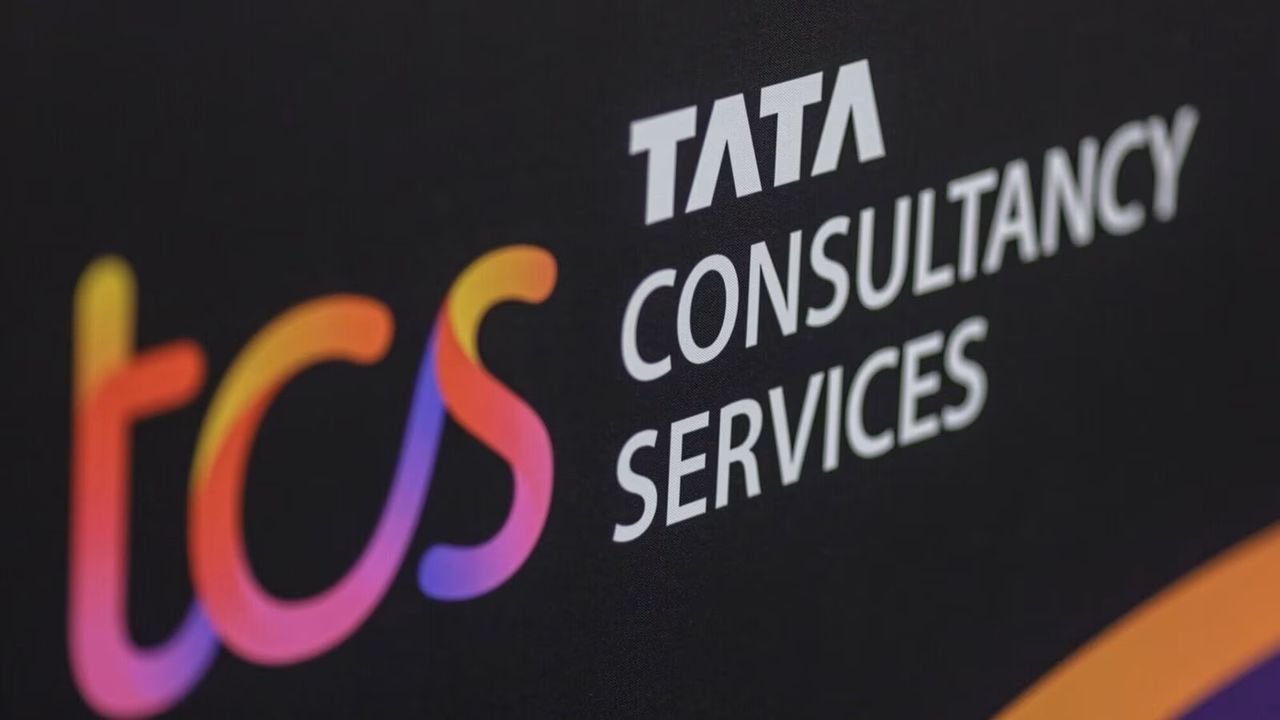Rising Cancer Rates Among Young Indians: A Call to Action on Lifestyle Choices

In the past few years, there has been a concerning increase in cancer incidences among individuals below the age of 40 in India. The rise is more and more being linked to unhealthy choices in lifestyle, including eating habits, lack of exercise, smoking and drinking, and exposure to harmful environments. Focusing on these lifestyle factors is essential in tackling this health crisis, as the youth population plays a vital role in India's future.
The Growing Cancer Burden
In the past, cancer was typically found more often in elderly individuals, but new data suggests a concerning change. The Indian Council of Medical Research (ICMR) reports a notable increase in cancer cases among younger age groups. This population change not only creates a health emergency but also brings social and economic consequences, impacting people during their peak working years.
Lifestyle Choices at the Heart of the Crisis
Diet and Nutrition: The contemporary Indian diet has significantly changed from traditional, nutrient-dense foods to processed and quick meals that are rich in sugars, unhealthy fats, and additives. These changes in diet can lead to obesity, which is a recognized risk factor for several types of cancer such as breast, colorectal, and pancreatic cancer.
Lack of physical activity: Sedentary behaviors, caused by extended periods of sitting at office jobs and more time spent on screens, are now common. Consistent exercise is crucial for staying at a healthy weight and lowering the chances of developing cancers such as colon and breast cancer. Yet, a large number of young people do not achieve the suggested amount of physical exercise.
The use of tobacco and alcohol: Consuming tobacco, whether through smoking or smokeless methods, is a significant contributor to the increased risk of developing lung, mouth, throat, and esophagus cancers. Even with efforts to raise awareness, the prevalence of tobacco use remains elevated among young individuals in India. In the same way, there has been an increase in alcohol consumption among this group, which is associated with liver, breast, and digestive tract cancers.
Environmental Exposures: Urbanization and industrialization have elevated the risk of exposure to environmental carcinogens, such as air pollution and toxic chemicals. Young individuals residing in cities are especially at risk, as they are often exposed to polluted air and contaminated water.
The Path Forward
Dealing with the increasing cancer rates in young Indians will require a comprehensive strategy.
- Public Awareness Campaigns: It is crucial to raise awareness on the connections between lifestyle decisions and the risk of developing cancer. Information campaigns emphasizing the significance of a healthy diet, regular exercise, and abstaining from tobacco and excessive alcohol consumption should be directed toward schools, colleges, and workplaces.
- Policy Interventions: The government should focus on decreasing the accessibility and use of tobacco and alcohol. More stringent rules are needed for the promotion of unhealthy food, particularly when targeting young people.
- Healthcare efforts: It is essential to prioritize early detection and preventive healthcare. Regular screenings and routine check-ups can aid in detecting cancers in their early stages, making them more manageable to treat. Furthermore, incorporating lifestyle counseling into regular healthcare services can encourage individuals to make healthier decisions.
- Community Support Systems: Promoting initiatives within the community, such as fitness programs and cooking classes, can help create a culture of well-being. Support groups for individuals attempting to quit tobacco and alcohol can offer essential support and encouragement.
Research and Data Collection: Ongoing studies on cancer patterns and lifestyle elements among young Indians will enable the development of more targeted interventions. Enhanced data gathering can help comprehend the distinct requirements and vulnerabilities of this group.
The increase in cancer cases among young Indians highlights the urgent need to take immediate action regarding lifestyle decisions. It is achievable to change this pattern and guarantee a healthier future for the next generation through promoting better habits and establishing supportive settings. Confronting these issues directly, as individuals, communities, and a nation, will not only lessen the cancer burden but also improve overall quality of life.
What's Your Reaction?

















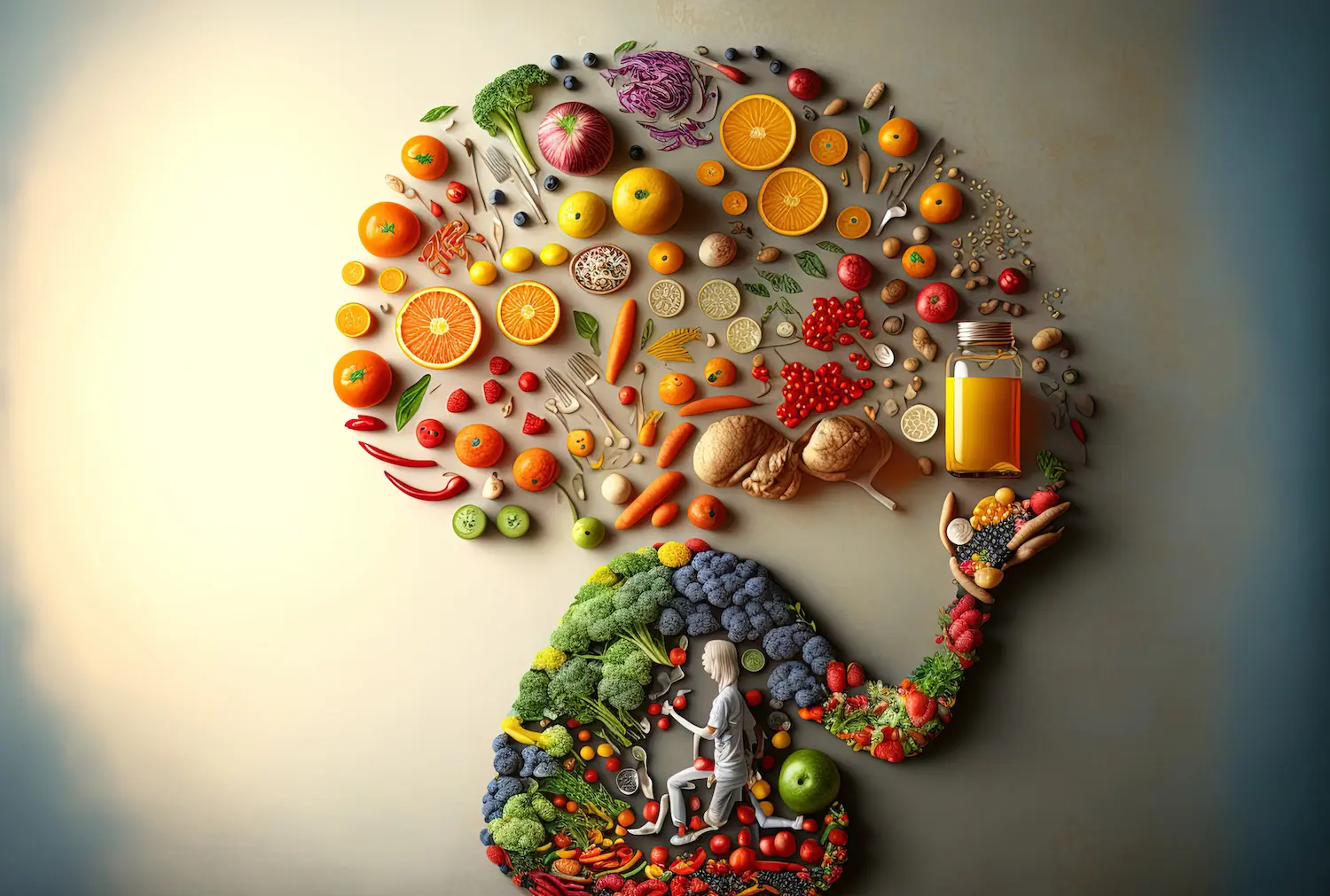









:max_bytes(150000):strip_icc()/GettyImages-80487462-59833fb6d088c000112fcc2c.jpg)





/https://tf-cmsv2-smithsonianmag-media.s3.amazonaws.com/filer/b6/30/b630b48b-7344-4661-9264-186b70531bdc/istock-478831658.jpg)


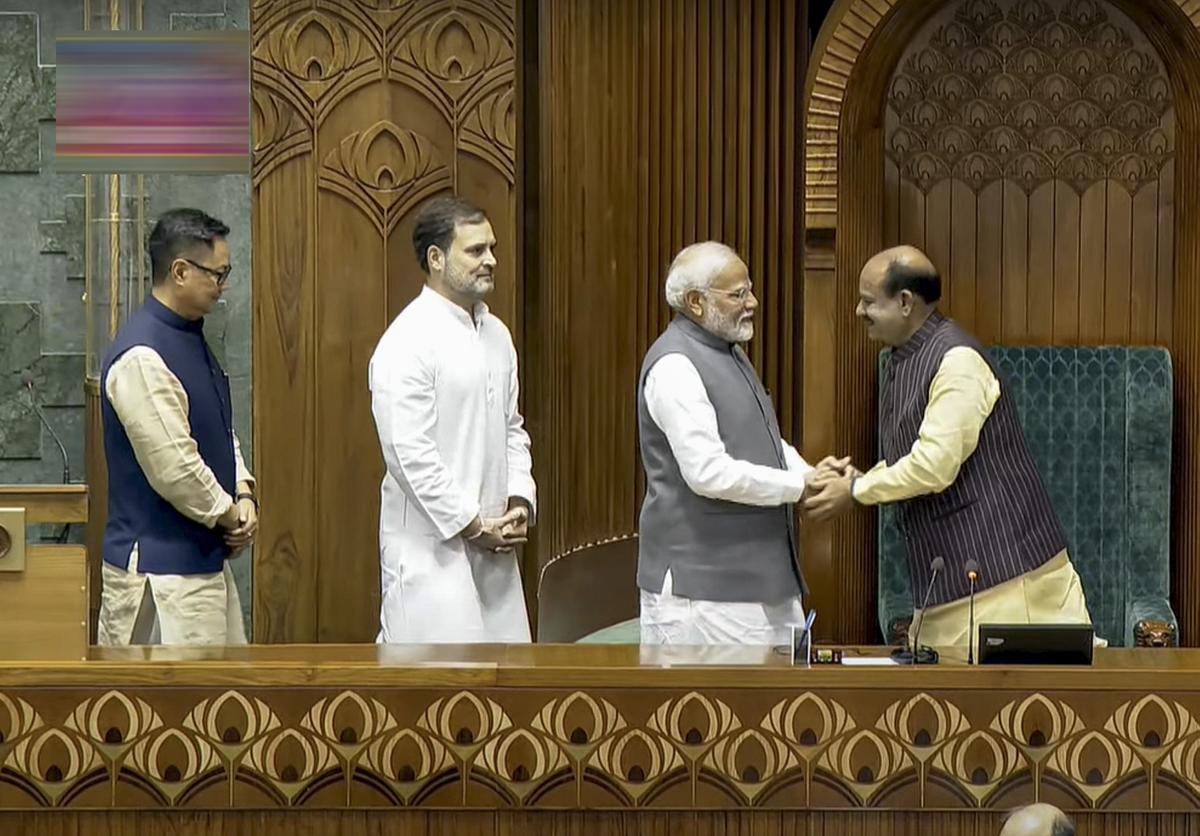



)
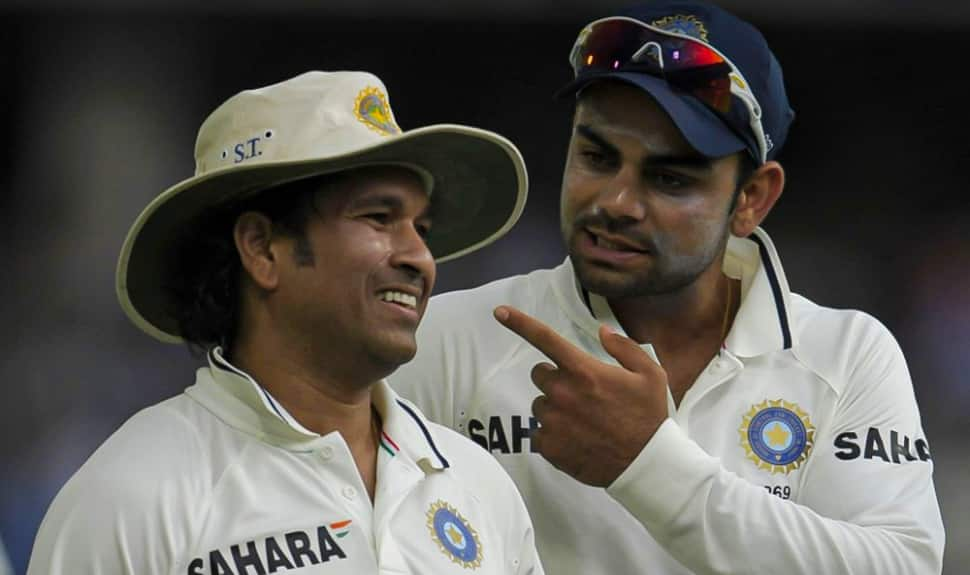



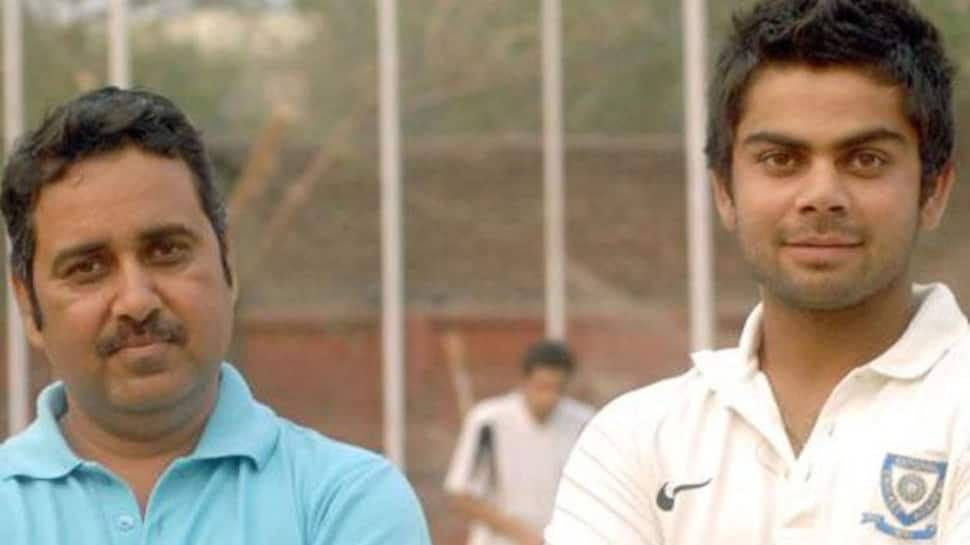





















:max_bytes(150000):strip_icc()/GettyImages-173607153-3eb9caf873014f9ab2e3c11cf071d2c9.jpg)

















)

